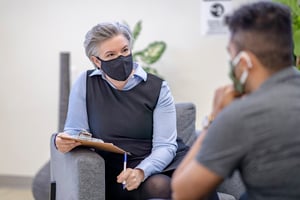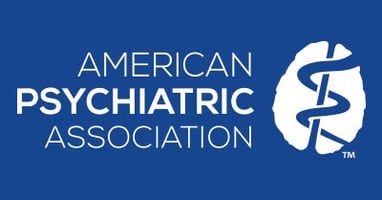Teens Found to Benefit From Social Support, Healthy Activities During Pandemic

Adolescents who had strong social supports and engaged in healthy behaviors including exercise were emotionally more healthy during the first months of the COVID-19 pandemic, according to a media release from the National Institute on Drug Abuse (NIDA). The release describes data from the Adolescent Brain Cognitive Development (ABCD) Study in press with the Journal of Adolescent Health.
“Focusing on what you can do to support young people, like maintaining as much of a routine as possible, walking at least 10 minutes a day, and strengthening family relationships, really matters during times of stress.” said Fiona C. Baker, Ph.D., director of the Center for Health Sciences at SRI International in Menlo Park, Calif., and principal investigator of the ABCD study site at SRI.
Baker together with Orsolya Kiss, Ph.D., of SRI International and colleagues analyzed data from more than 3,000 youth aged 11 to 14 who are enrolled in the NIH’s ABCD Study, a nationwide study that has been tracking the biological and behavioral development of a cohort of children since 2015. As part of the ABCD Study, youth and their families periodically complete comprehensive behavioral and lifestyle questionnaires, which have included COVID-related questions as of May 2020.
The investigators analyzed data collected from pre-pandemic assessments (that is, before February 2020) and three online surveys conducted between May and August 2020. The surveys assessed over 200 characteristics of the youth, including demographics, physical activities, family relationships, and screen time.
Kiss and colleagues found that youth who discussed plans for the day with their parents, participated in family activities, and went outside for exercise were more likely to report positive well-being during the first months of the pandemic. Overall, eight of the top 20 features associated with positive well-being in adolescents involved social support from family or friends.
Adolescents who were female and/or had internalizing symptoms (for example, being sad or withdrawn) or sleep problems before the start of the pandemic were more likely to experience psychological distress including stress, anxiety, and/or depression. Adolescents who experienced or witnessed discrimination in relation to COVID-19 were also more likely to have stress, anxiety, and/or depression.
“Early adolescence is a time when youth are already experiencing rapid change physically, emotionally, and socially, and the COVID-19 pandemic has caused immense disruption to this sensitive stage in life,” Nora D. Volkow, M.D., director NIDA, the lead institute for ABCD, said in the release. “This study helps us understand how modifiable lifestyle factors affect the mental health and well-being of adolescents, and it can inform the development of interventions to protect youth during a major life stress. This is important now, as we continue to grapple with the pandemic, and also in future crisis response at the local or national level.”
To read more on this topic, see the Psychiatric News article “Long-Term Impact of COVID-19 on Children, Adolescents Constitutes Public Health Emergency.”
(Image: iStock/piola666)
One Week Left to Vote in APA’s 2022 Election!
The voting period for APA’s 2022 election closes next week. You can vote by using the ballot you were emailed or clicking on “Vote Today” here or on APA’s website. Take time to learn more about this year’s candidates on the same site and view the archived town halls in which candidates responded to key questions. The deadline to vote is Monday, January 31, at 11:59 p.m. ET.





